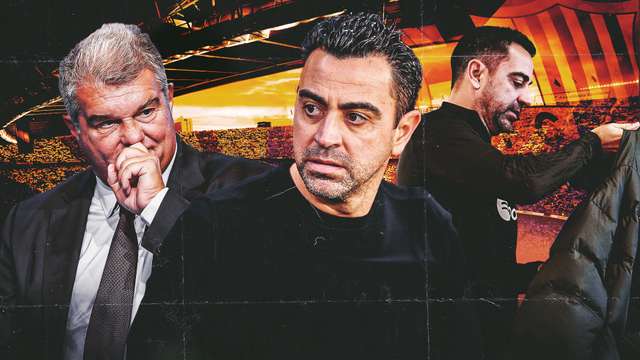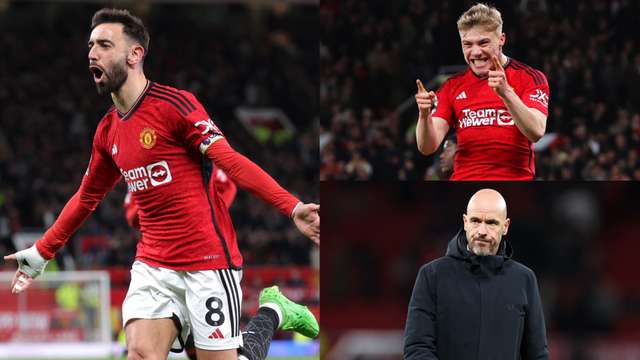The news that Juventus would be known as Piemonte Calcio in FIFA 20 was met with mockery when it was announced that the Serie A champions would be exclusive to PES.
While other high-profile clubs had partnered with Konami in the past, the Juventus deal meant that the team's kits, badge, stadium, and name would not appear in FIFA 20.
This was a triumph for Konami, as over the years PES has been known for ‘fake’ team names such as Merseyside Blue (Everton) and South Norwood (Crystal Palace).
Jonas Lygaard, Senior Director, Brand and Business Development at Konami, spoke to Goal about how and why they prised the Italian champions away from their biggest rival.
“We’re in a process that started a long time ago”, Lygaard explains, “which started with us getting the right licences.
"But there is a market that is very different in terms of how the licensing is structured because you have certain leagues that own the collective rights to clubs participating in the league or tournament.
“The Premier League, Bundesliga and La Liga all have centralised rights. The Premier League, for example, owns the rights to all clubs’ crests, names, kits and stadiums under their collective agreement.
"In Italy, the league has a centralised structure but the only thing they’re centralising is the tournament, the trophy and the emblem. They don’t have the rights to the clubs, the names, the crests and the jerseys. They’re owned by the clubs.”
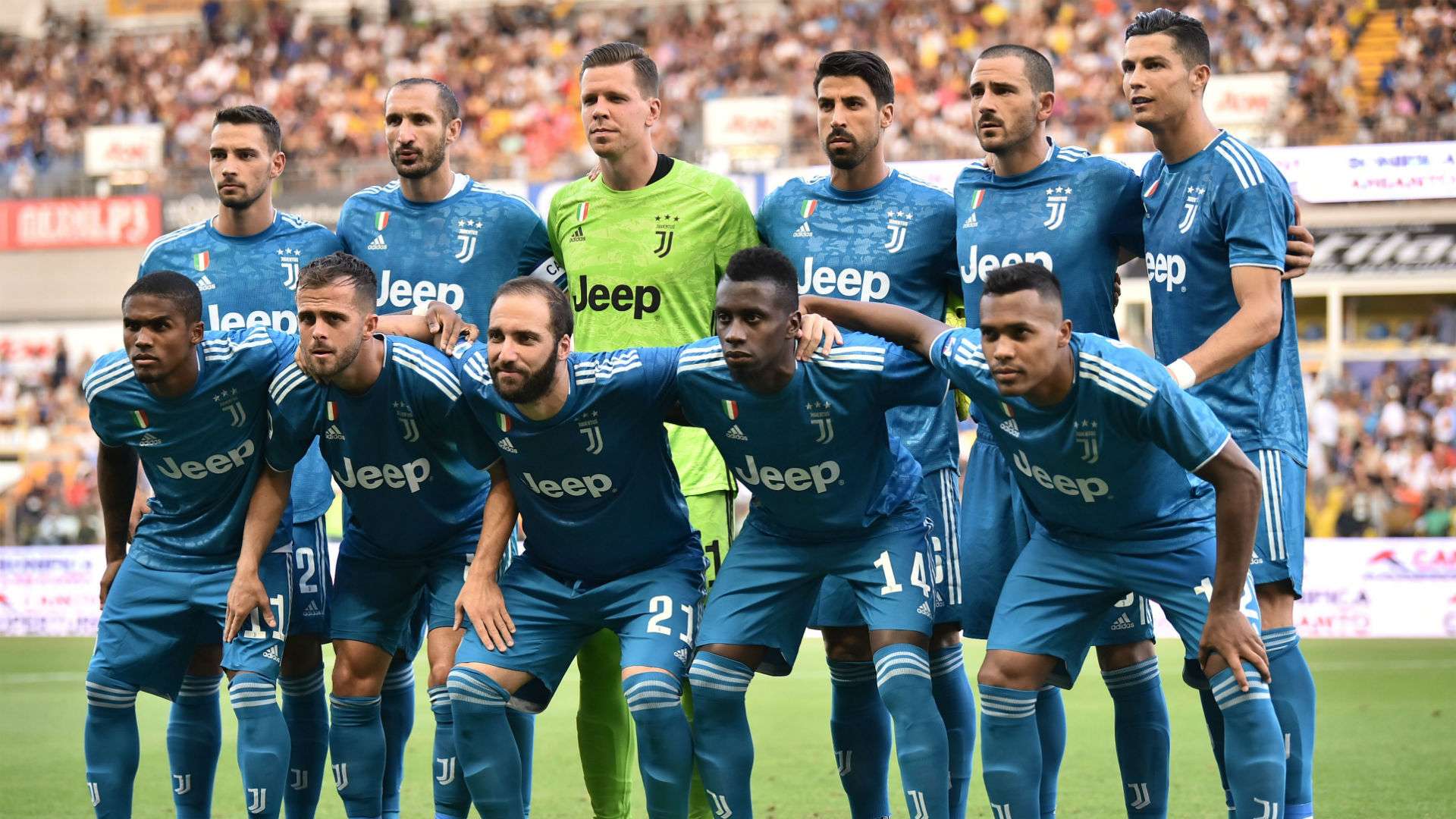 Getty Images
Getty Images
Regardless of who manages the rights to teams and competitions, the process of bringing in a new partner is a long one that begins with identifying the teams that Konami want to work with.
Lygaard says: “We’ve been working with Italian clubs for a long time and we’ve had the full league licence and had all clubs licenced beside Juventus. Of course, Juventus is the biggest club in Italy, it’s one of the top clubs in Europe and the world. Italy is an important market – it’s a global club with a global reach.
"Other leagues are different because there are restrictions. For instance, in the Premier League, we are only allowed to work with two clubs. Our competitor [EA Sports] has an agreement with the Premier League and part of that is limiting all the clubs to work with partners.”
Konami, though, were free to negotiate with Juventus – but reaching an agreement was hardly quick or easy, given the legal demands involved.
“The Juventus deal was discussed internally more than three years ago in a global meeting we have in Japan," Lygaard reveals.
“The second part is to outline what rights we would like to acquire from the club and the third thing is to allocate a budget for that.
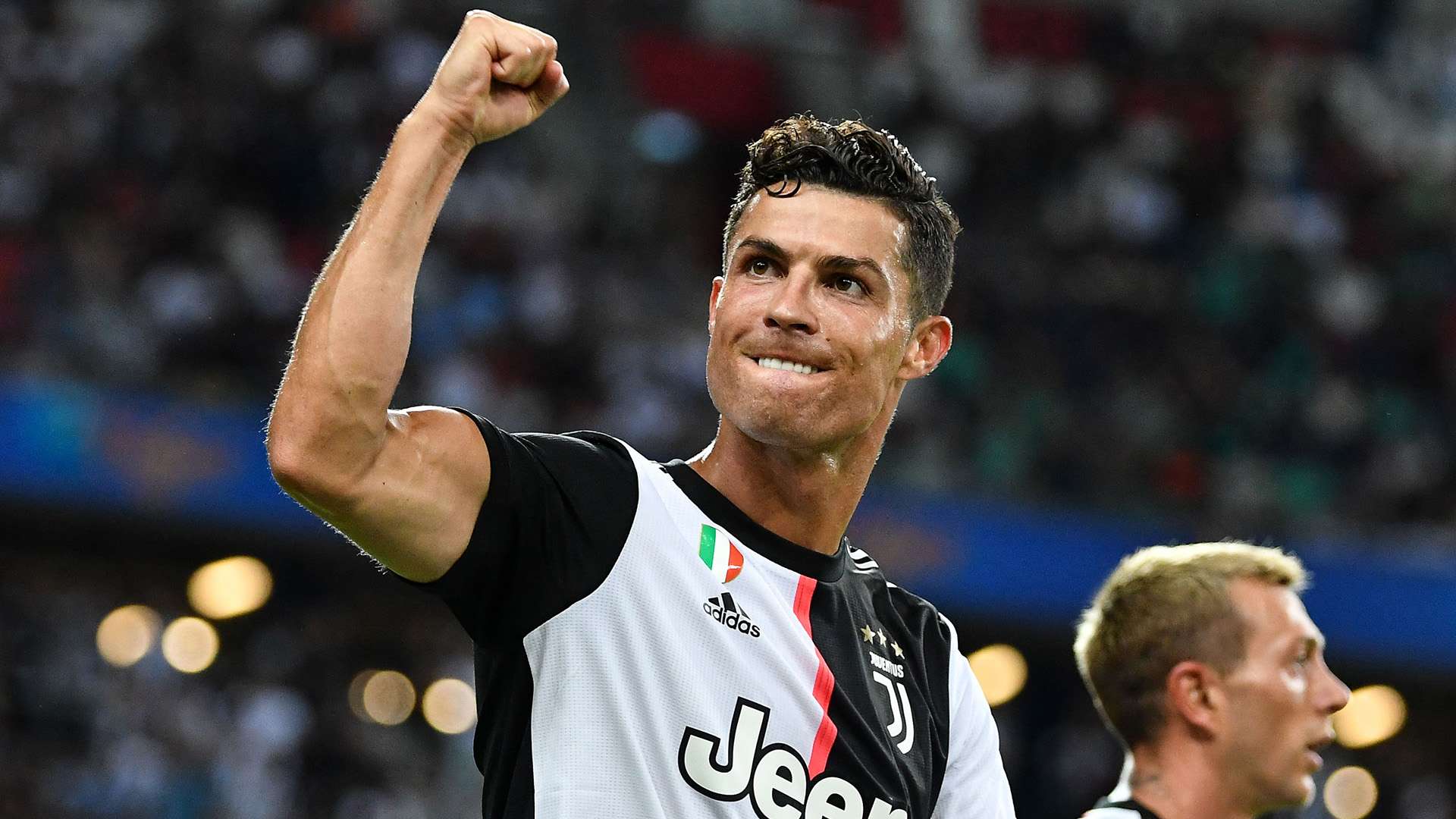 Getty Images
Getty Images
"We then start the conversation with the club to see what is possible to do and the time the conversations take vary from club to club because for some clubs it might be pretty straight forward in many conversations but then you get into the legal work.
"The legal work is sometimes the most time-consuming part of the conversation.”
There were also plenty of obstacles to overcome in their talks with Juventus.
Lygaard says: “We started that conversation about two years ago, externally. It’s something that will take a long time. We’ve not signed these contracts a week before we’ve announced it, so that was already sorted out in 2018.
“We also have to appreciate that these three new clubs (Bayern Munich, Manchester United and Juventus) all have been in contract with our competitor and you have to respect that and the clubs do respect that and that makes it more complex.”
Konami were in the middle of the discussions with Juventus when the Serie A side sensationally signed Cristiano Ronaldo – arguably the most marketable brand in football.
Fortunately, the Portuguese superstar's arrival in Turin from Real Madrid in the summer of 2018 didn’t complicate matters for Konami.
Lyhaard enthuses: “That was a great thing for us because we started conversations before Ronaldo was there. We were clear we wanted to work with the club, we told the club we were keen to work with them and we appreciated the valuation they were bringing forward.
“We could see a lot of benefits of working with the club and Ronaldo coming into the mix ads more value to us in terms of exposure and importance.”
Not only are Juventus’ kits, badge and name exclusive to PES 2020, but so is the Allianz Stadium. Considering FIFA 19 only featured three Serie A grounds (the Allianz Stadium, San Siro and Stadio Olimpico) that’s a significant coup for Konami, who were aided by the fact that Juventus are one of only four clubs in Serie A to own their stadium.
Lygaard said: “From club to club, the ownership of the stadium and the rights is sometimes owned by the club, sometimes the architect behind the club. It is a complex set-up in terms of who owns the rights and, in some countries, it’s not clear who owns them.”
With all these moving parts, it's easy to see how striking an exclusive accord with a club can be difficult. Indeed, sometimes even the club's commercial partners have to be taken into account. Fortunately, Konami had no such issues with Juventus.
Lygaard says: “In terms of the rights, the clubs sit on a lot of these. We don’t need to, for example, speak to Adidas and Allianz with Juventus because those rights are granted to us, so our conversation is always directly with the club.
“It is important for us to work with other partners of the club. We have a lot of conversations with Adidas and Allianz and other partners because there are benefits in collaborating with the club and with other partners.”
Deals like the one that made Juventus exclusive to PES 2020 extend beyond the club being represented in the game.
Last season, Barcelona’s agreement with Konami saw the club using PES 2019 gifs as goal alerts. While Lygaard can’t go into specifics with the Juventus deal, he suggests that a similar agreement is in place with the Old Lady, although the process is far from simple.
“We have to create a lot of assets," he says. "First of all, they (Barcelona) have three different kits and a lot of different players who can score the goals, so we have to ensure we create all of these goal alerts with all the kits and players.
“Also, we have to make sure we're not making the same goal alerts. Something that happens very often with someone like Messi is that when he scores a hat-trick in a game we can’t have the same goal alert being kicked out all of the time.
“It’s a lot of five-second gif files we have to create but, for us, the most important thing for us is the reach we get from it, being able to show the quality of our game, showing how strong the likeness is.
"It’s something we have done with other clubs, as well as something we take into consideration in all of our negotiations.”
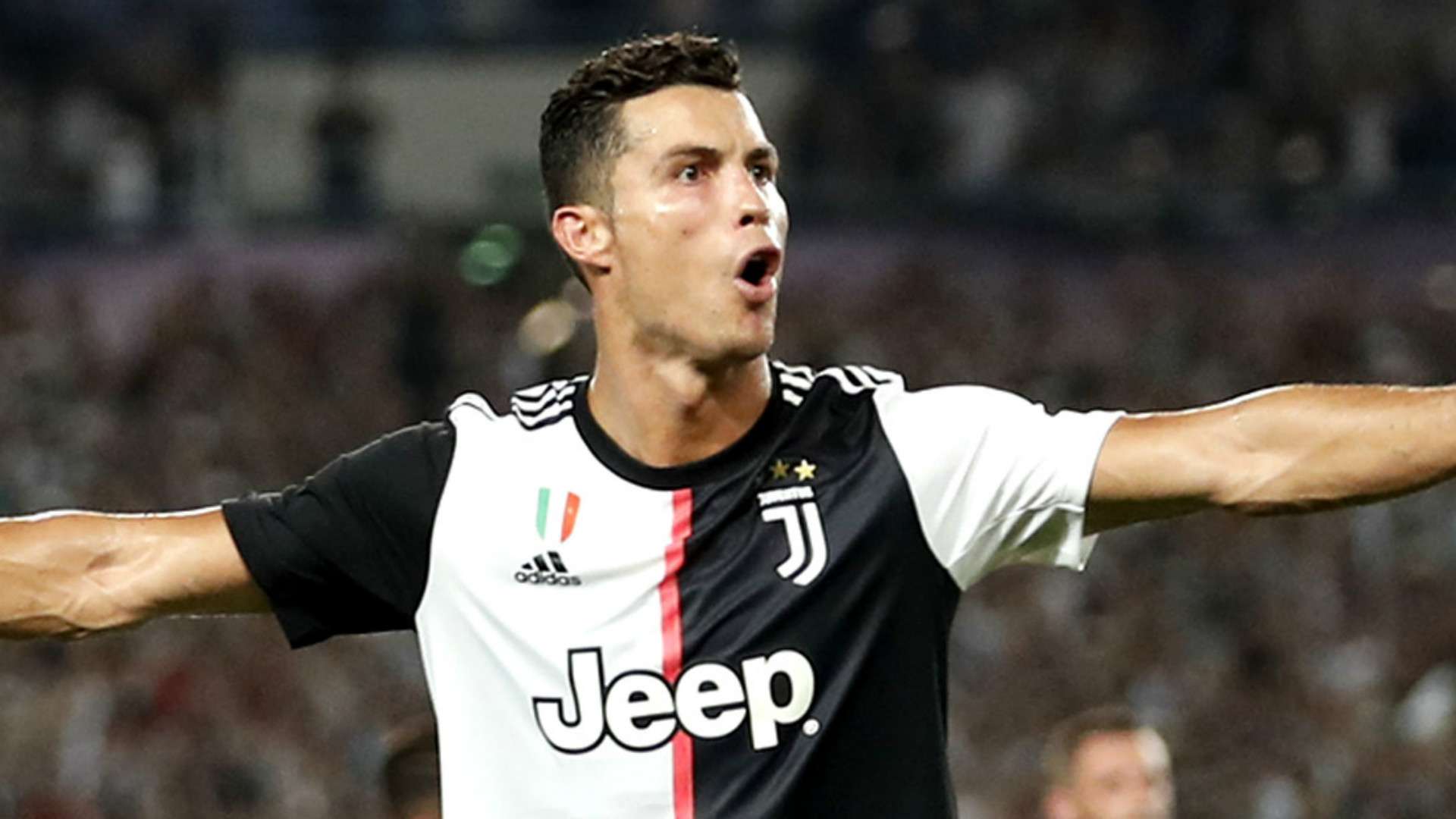




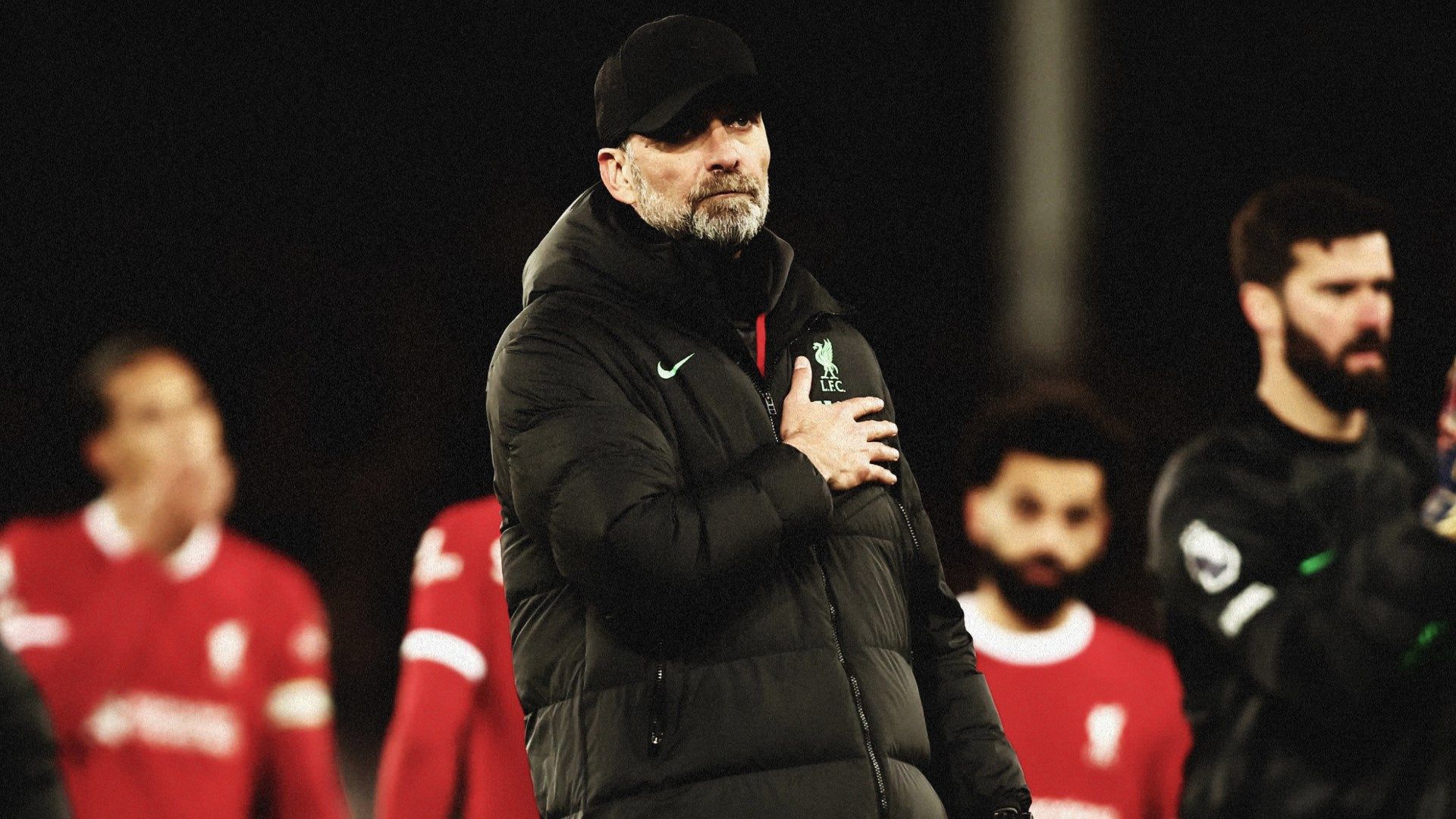.jpg?auto=webp&format=pjpg&width=640&quality=60)
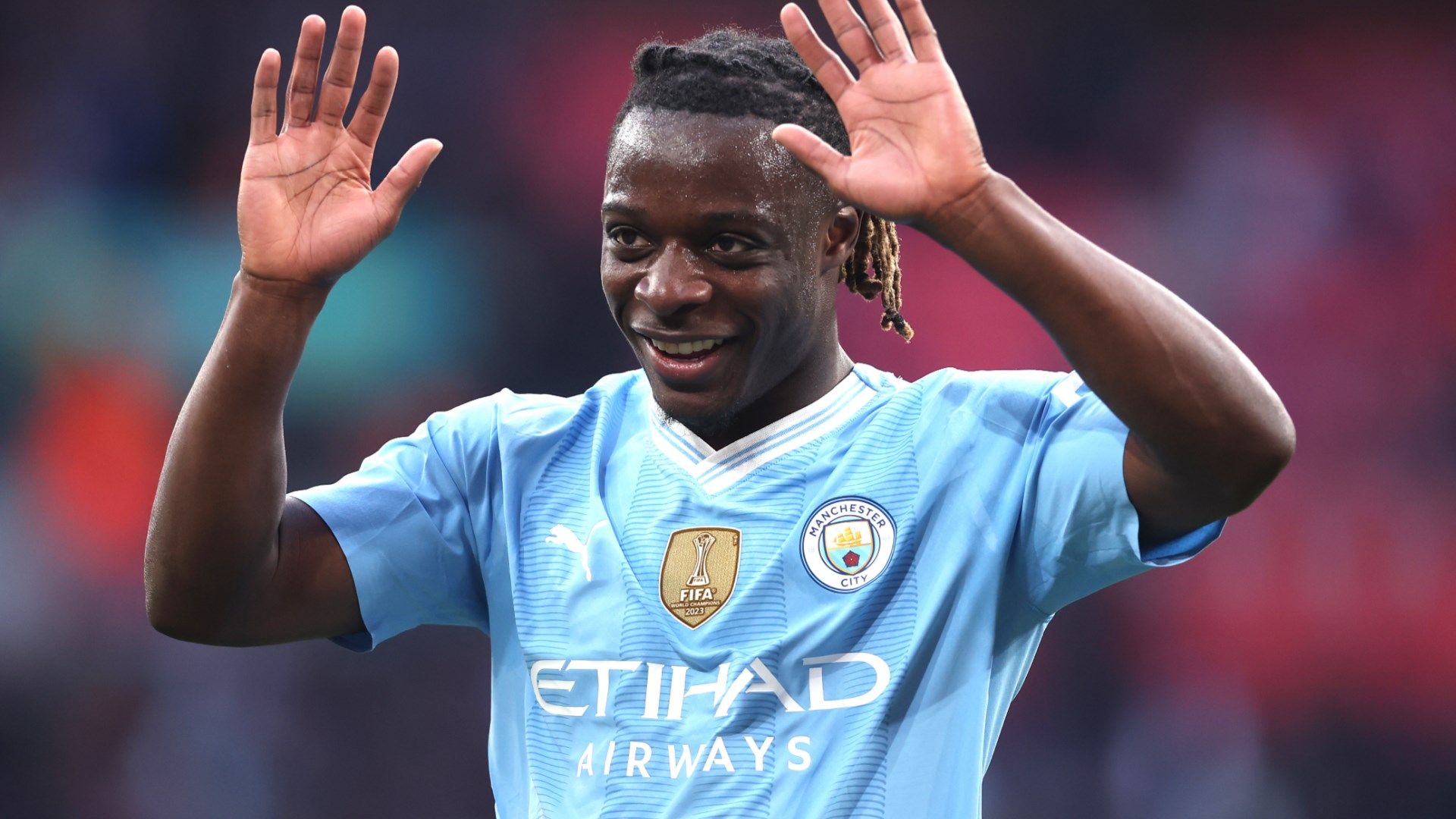.jpg?auto=webp&format=pjpg&width=640&quality=60)
